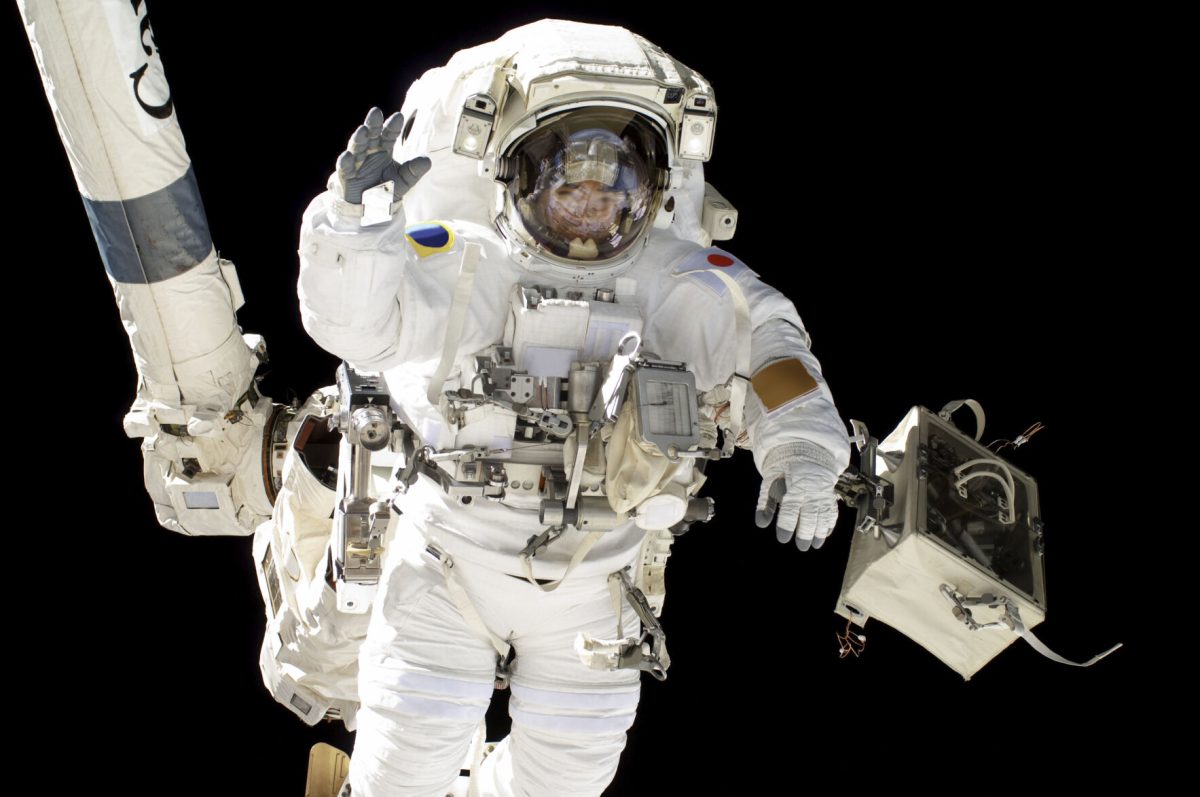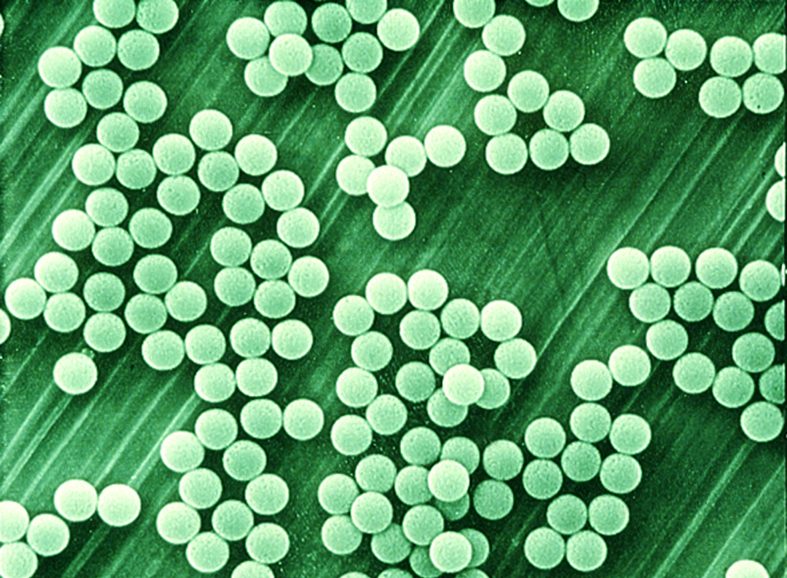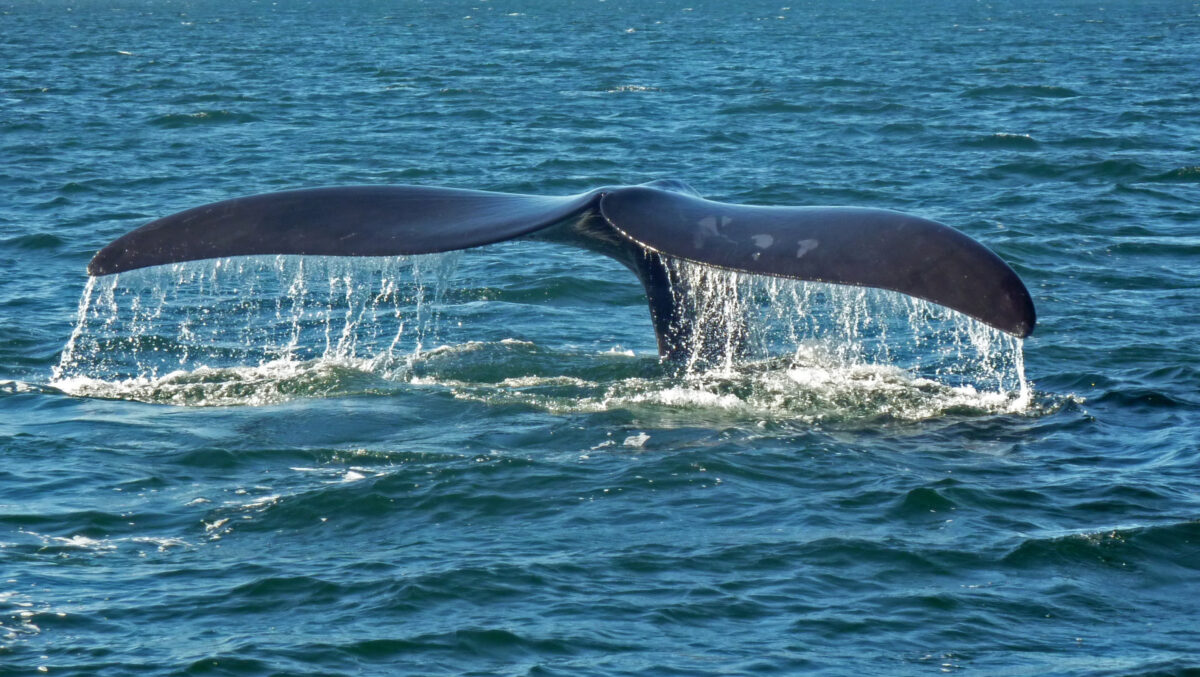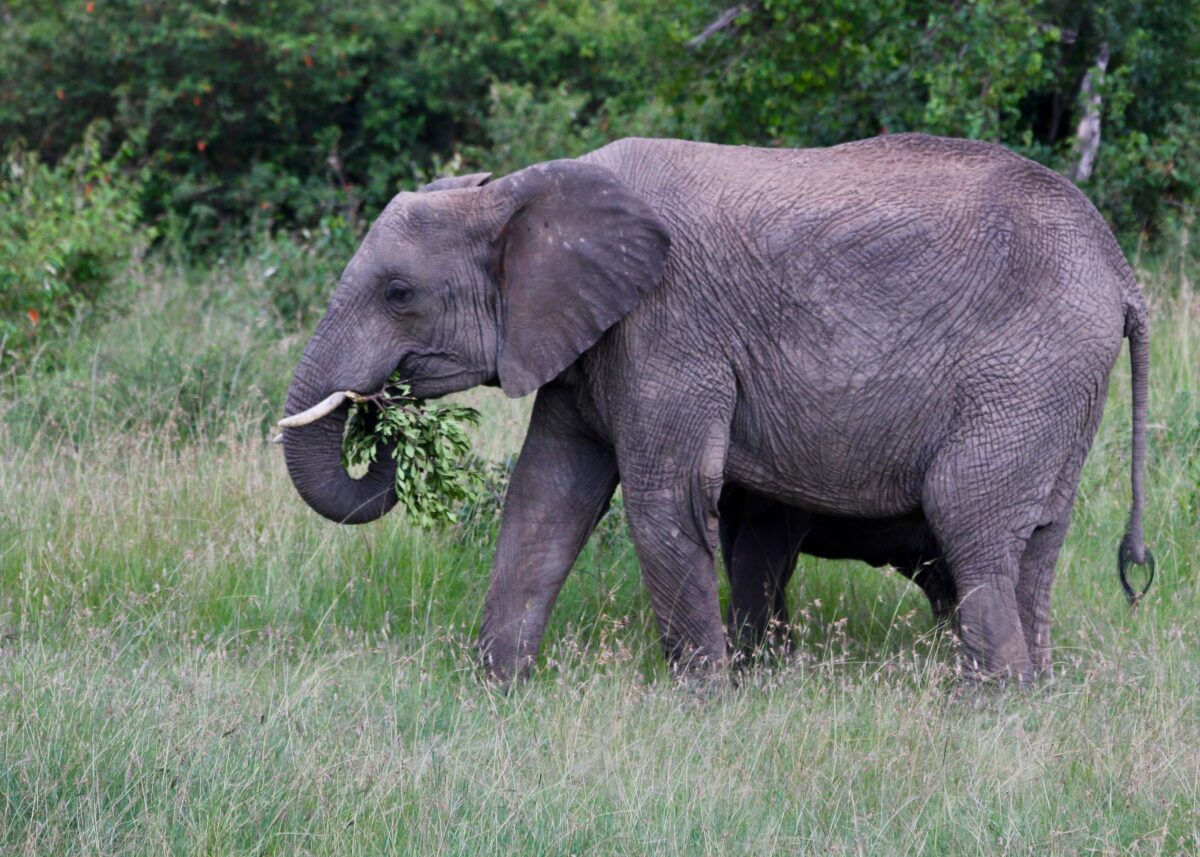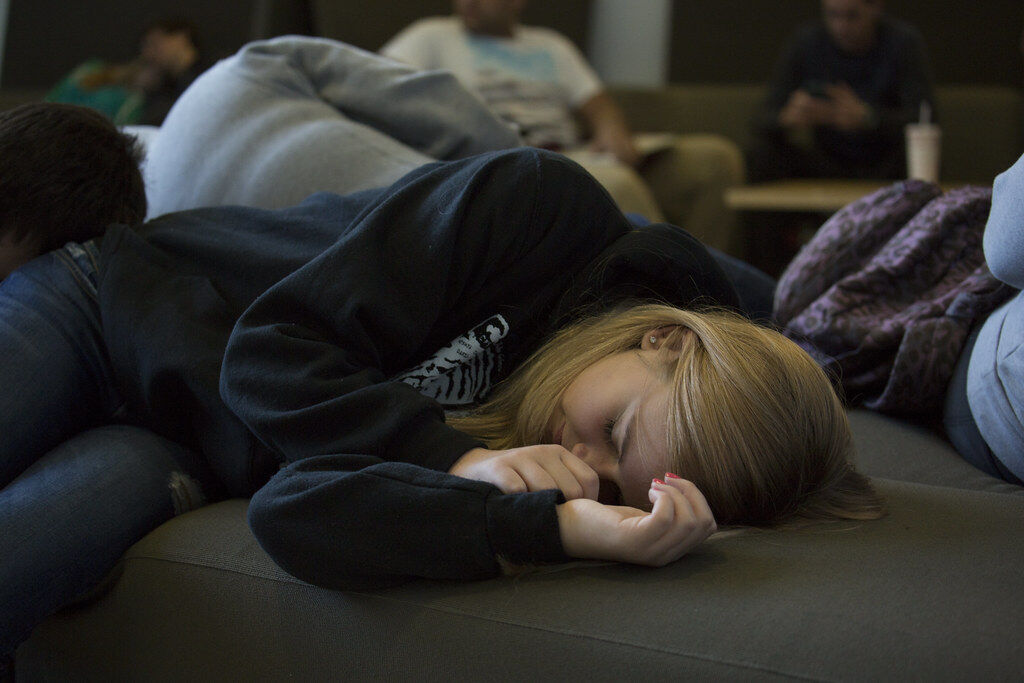Imagine not leaving your office for months at a time. Add sleep deprivation, social isolation and life-or-death situations to the mix, and you have the typical work experience on the International Space Station. Given the stressful conditions of microgravity, radiation, isolation and other stressors, many health issues have potential to arise in space.
According to a study published in Frontiers in Microbiology, one of these potential complications are flare-ups of dormant viruses in the body in a process known as viral reactivation.
To conduct a variety of tests on how spaceflight impacts the human body, astronauts regularly collect their own saliva, blood and urine samples in-orbit. In an analysis of 89 astronauts on short term (10-16 day) space shuttle missions into low earth orbit, 47 of these astronauts were shown to be releasing viruses through their saliva and urine samples through a process known as viral shedding. 14 out of 23 astronauts partaking in long-duration missions (17-180 days) on the International Space Station were also shown to be shedding these viruses.
The viruses being shed included Epstein-Barr Virus, the microbe behind mononucleosis, and varicella-zoster virus, the microbe behind chicken pox and shingles. Interestingly, as the length of the spaceflight mission increased, quantity and frequency of viral shedding also increased in the astronauts. Thus far, researchers have hypothesized that this increased frequency of viral reactivation is brought on by increased levels of stress hormones like adrenaline and cortisol, which also have immunosuppressive effects.
Fortunately, most of this viral reactivation and shedding has not caused many symptoms for the astronauts. In this study, only six astronauts displayed any symptoms caused by viral reactivation. However, as NASA and other space travel entities plan new long-duration missions in the next several decades, viral reactivation should be an area of concern. Flare-ups of infection-causing viruses can be debilitating even for the fittest space traveler.
Additionally, there has been evidence of post-flight viral shedding in astronauts, suggesting that upon return to earth, astronauts should consider using precautions such as social distancing around immunocompromised individuals. Additionally, scientists hope that preventative measures like developing vaccines against these common viruses will help eliminate this concern from the space program and keep our astronauts healthy from thousands of miles away.
Categories:
Tigra scientifica: astronauts gone viral
Amy Rees, Contributor
October 18, 2021
0
Donate to The Tiger
Your donation will support the student journalists of Clemson University. Your contribution will allow us to purchase equipment and cover our annual website hosting costs.
More to Discover



